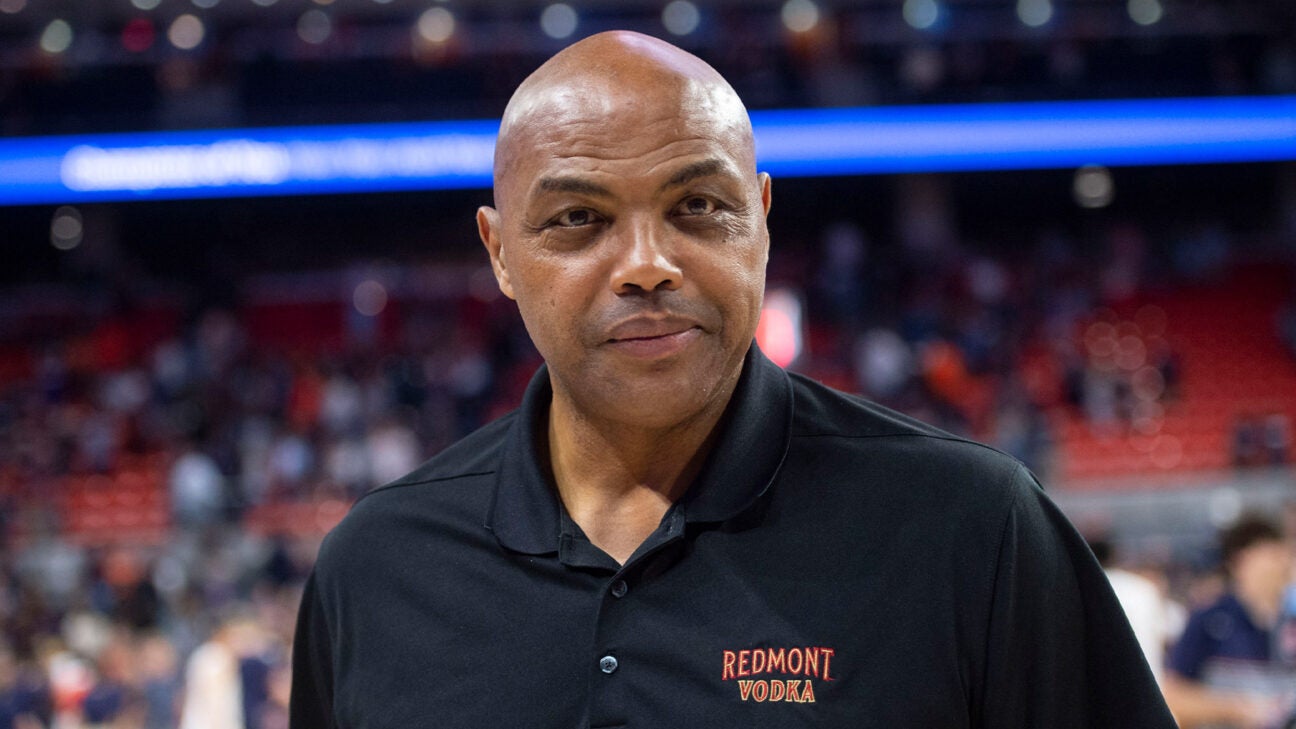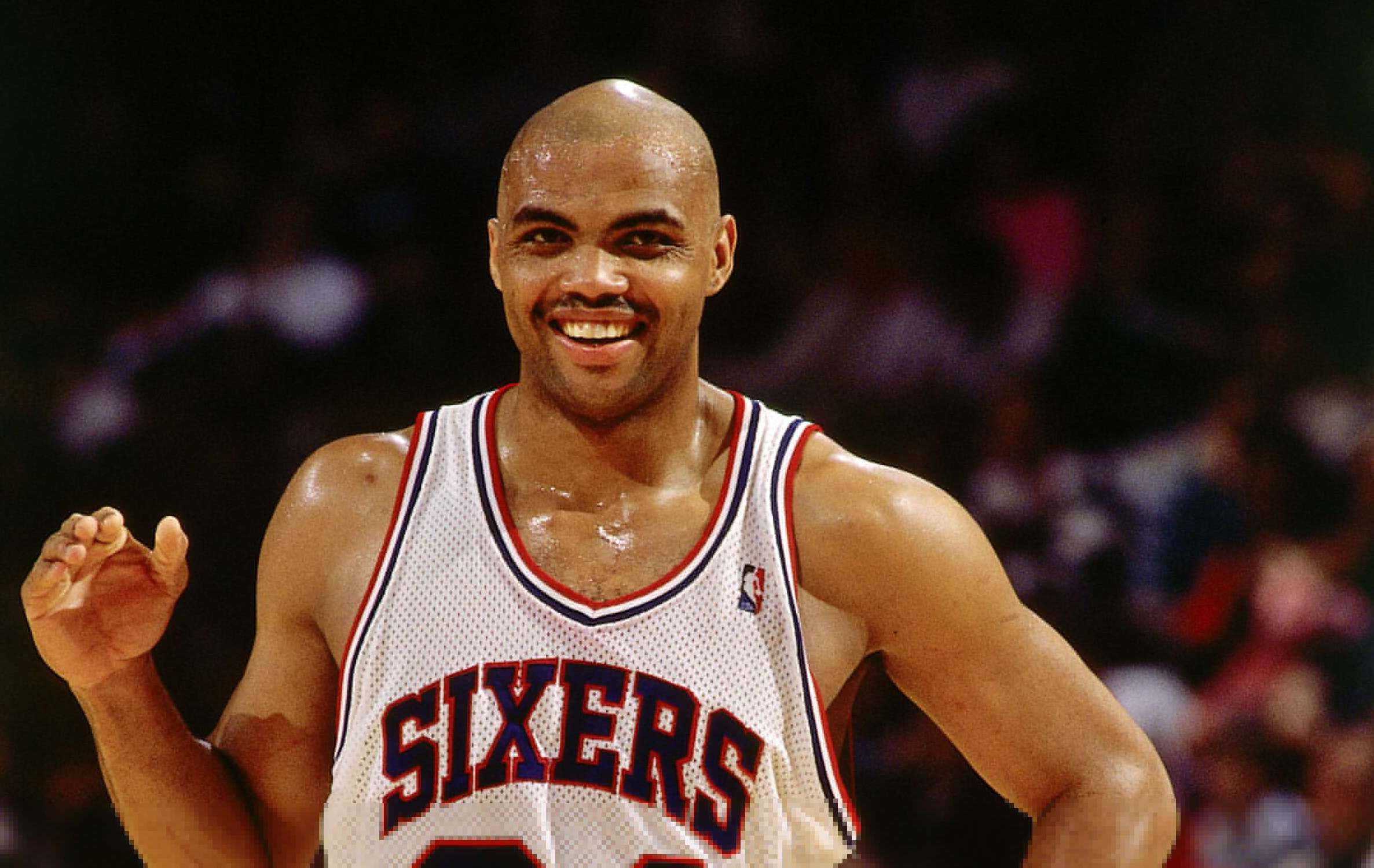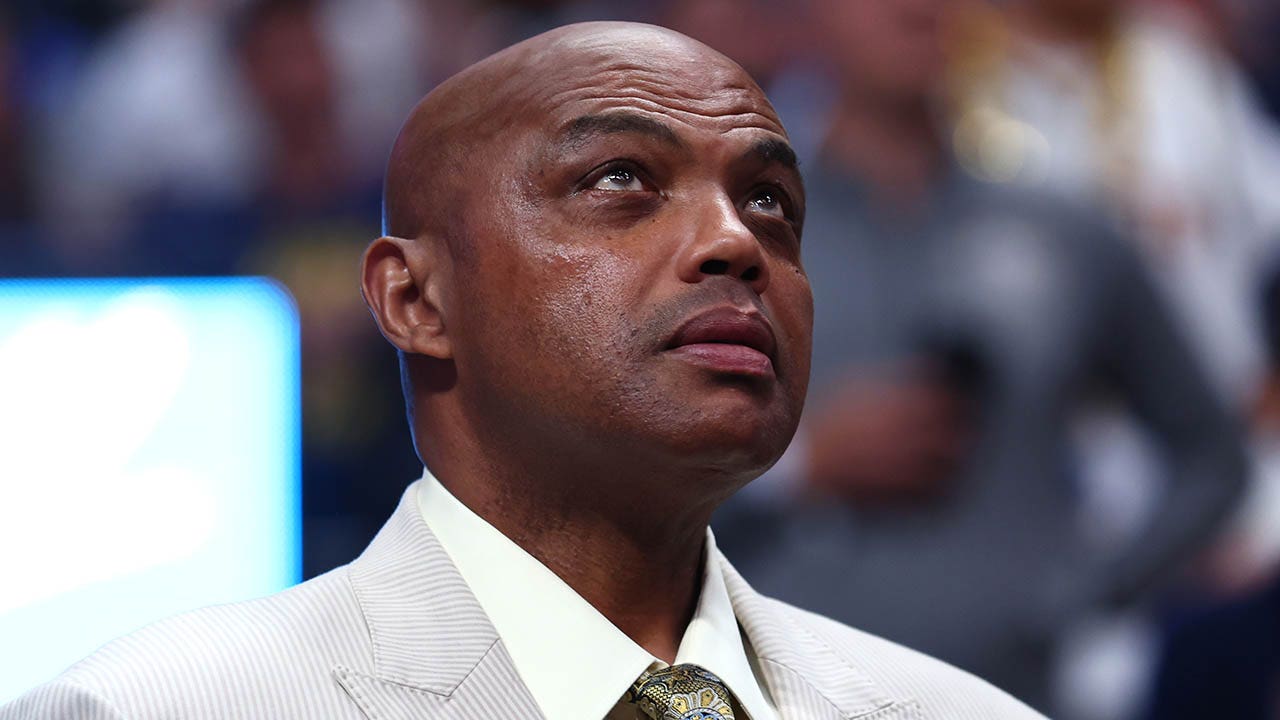Charles Barkley (Part 3)
Charles Barkley (Part 3)

Charles Barkley's tenure with the Houston Rockets marked his last chance at winning an NBA championship. Joining a team featuring stars like Hakeem Olajuwon and Clyde Drexler, Barkley had high hopes for a title run.
However, his time in Houston was marred by injuries and disciplinary issues. Barkley was suspended for the season opener and fined for fighting Charles Oakley during a preseason game. Throughout the season, Barkley battled injuries, playing only 53 games and missing several due to various ailments.
Despite his diminished scoring output, Barkley focused on rebounding, averaging 13.5 rebounds per game, the second-best in his career. The Rockets finished the regular season with a solid record but were ultimately defeated by the Utah Jazz in the Western Conference Finals.
The following seasons saw Barkley continue to struggle with injuries, leading to reduced playing time and production. In his final season, Barkley suffered a ruptured quadriceps tendon but made a memorable return to the court for one last game. Scoring a trademark basket, Barkley retired on his own terms, leaving behind a legacy as one of the NBA's greatest players.
Throughout his illustrious career, Barkley's competitiveness, skill, and larger-than-life personality made him a beloved figure in the basketball world. Despite his shortcomings and controversies, Barkley's impact on the game and his contributions both on and off the court will always be remembered.
Charles Barkley's Olympic journey had its ups and downs, but ultimately, he became a key part of two iconic teams that brought home gold medals for the United States.
In 1984, Barkley came close to making the Olympic team but was ultimately cut due to concerns about his defense. However, he didn't let this setback deter him. When NBA players were allowed to compete in the Olympics starting in 1992, Barkley seized the opportunity and joined the historic "Dream Team." This legendary squad dominated the competition, winning games by an average of nearly 44 points and capturing the gold medal in impressive fashion. Barkley played a pivotal role, leading the team in scoring and setting records along the way.
Four years later, Barkley returned to the Olympics for the 1996 Atlanta Games. Once again, he showcased his skills and leadership on the court, leading the team in scoring, rebounds, and field goal percentage. Under his guidance, the U.S. team cruised to another undefeated record and secured another gold medal for the country.
Despite some controversies along the way, including an incident with Angola's Herlander Coimbra in the 1992 Olympics, Barkley's contributions to both Dream Teams were undeniable. His performances on the international stage solidified his legacy as one of the greatest basketball players of all time and helped elevate the sport to new heights on the global stage.
Charles Barkley's impact on the basketball court was truly remarkable, and his unique blend of size, strength, and skill set him apart from his peers.
As a scorer, Barkley was a force to be reckoned with. He possessed an array of moves that allowed him to score from anywhere on the court, whether it was through powerful dunks in the paint, smooth post moves, or perimeter jump shots. His efficiency was unmatched, consistently leading the league in field goal percentage and establishing himself as one of the most versatile and accurate scorers in NBA history.
Despite his relatively short stature for a power forward, Barkley dominated the boards like few others. His tenacity and aggressiveness on the glass made him one of the greatest rebounders of all time, and his ability to control the ball and initiate fast breaks after grabbing a defensive rebound was a rare and valuable skill.
Defensively, Barkley was equally impressive. His quickness, anticipation, and aggressive playing style made him a formidable defender, capable of shutting down opponents and making crucial steals and blocks. Despite his size disadvantage, he was among the league leaders in steals and blocked shots for his position, showcasing his versatility and athleticism on both ends of the floor.
In the eyes of many basketball legends and experts, Barkley's impact transcended traditional positions. His ability to do it all on the court earned him praise from the likes of Bill Walton, who likened him to Magic Johnson and Larry Bird in terms of versatility and overall basketball IQ. Barkley's influence on the game is undeniable, and his legacy as one of the greatest players in NBA history is firmly established.
Charles Barkley's impact on the basketball court was undeniable, but his influence extended far beyond his statistical achievements. Known for his controversial and outspoken nature, Barkley often found himself at the center of attention both on and off the court.
His confrontational demeanor and willingness to speak his mind frequently landed him in hot water with officials, opponents, and the media. Barkley's on-court fights and off-court altercations only added to his reputation as a polarizing figure in the basketball world.
Despite the controversies surrounding him, Barkley's talent and contributions to the game were immense. A perennial All-Star and league MVP in 1993, Barkley's physical style of play earned him nicknames like "Sir Charles" and "The Round Mound of Rebound." He was a dominant force on both ends of the court, earning numerous All-NBA selections and leading the league in various statistical categories.
Barkley's impact was not limited to the NBA; he also played a crucial role in the success of the United States Olympic Basketball teams in 1992 and 1996, helping them achieve gold medals and perfect records.
Off the court, Barkley's jersey retirements at both Auburn University and with the Philadelphia 76ers, along with his induction into the Naismith Memorial Basketball Hall of Fame, serve as testament to his enduring legacy in the sport.
Despite the controversies and confrontations, Barkley's authenticity and commitment to speaking his mind resonated with fans and solidified his place as one of the greatest players in NBA history. His inclusion in the NBA's 50th and 75th Anniversary Teams further underscores his status as an iconic figure in basketball lore.
References
- Porter, Kyle (November 27, 2020). "The Match 3 results, highlights: Mickelson and Barkley easily defeat Curry and Manning in shocking upset". CBS Sports. Archived from the original on October 19, 2021. Retrieved November 28, 2020.
- ^ "Barkley renews talk of running for Ala. governor". MSNBC. Associated Press. July 27, 2006. Archived from the original on February 22, 2007. Retrieved January 12, 2007.
- ^ "Charles Barkley: "I Was a Republican Until They Lost Their Minds". Rolling Stone. Archived from the original on July 6, 2012. Retrieved July 7, 2012.
- ^ Lisovicz, Edan. "Busted Barkley: Sir Charles's DUI". Colgate Maroon-News. Archived from the original on July 14, 2011. Retrieved May 20, 2009.
- a b "Barkley serious about running for Alabama governor". ESPN. Associated Press. September 6, 2006. Archived from the original on November 8, 2006. Retrieved January 12, 2007.
- ^ Stein, Johnathon (July 12, 2007). "More Charles Barkley Blogging". Mother Jones. Archived from the original on March 6, 2008. Retrieved March 26, 2008.
- ^ Snyder, Whitney (November 25, 2009). "Charles Barkley On 'Jay Leno' VIDEO: Trashes Reporters, Talks Sammy Sosa, Politics And More". HuffPost. Archived from the original on July 27, 2020. Retrieved May 2, 2020.
- ^ "Barkley says he's leaning toward Kasich for president". The CNN Politics.com. August 22, 2015. Archived from the original on October 5, 2016. Retrieved September 20, 2016.
- ^ "Celebrity Endorsements 2016: See Stars' Political Affiliations". Entertainment Weekly. Archived from the original on November 5, 2018. Retrieved April 16, 2020.
- ^ Lance Armstrong (January 24, 2019). "The Forward" (Podcast). Event occurs at 1:12:18. Archived from the original on April 11, 2019. Retrieved April 10, 2019.
- a b c Zirin, Dave (January 19, 2011). "Invoking Dr. King, Charles Barkley Stands Strongly for LGBT Rights". HuffPost. Archived from the original on July 27, 2020. Retrieved May 2, 2020.
- ^ Factora, James (July 18, 2022). "Former NBA Star Charles Barkley Says "I Love You" to Gay and Trans People". Them. Condé Nast. Archived from the original on January 20, 2023. Retrieved January 20, 2023.
- ^ Vakil, Caroline (July 16, 2022). "NBA's Charles Barkley: 'If you're gay and transgender, I love you!". The Hill. Nexstar Media Group. Archived from the original on January 20, 2023. Retrieved January 20, 2023.
- ^ Smith, Tandra (July 16, 2022). "Charles Barkley goes viral for comments on LGBTQ community". AL.com. Advance Publications, Inc. Archived from the original on January 20, 2023. Retrieved January 20, 2023.
- ^ "Charles Barkley is (expletive) right, and courageous, in defending transgender community". USA Today. July 19, 2023. Archived from the original on July 19, 2023. Retrieved July 19, 2023.


















































